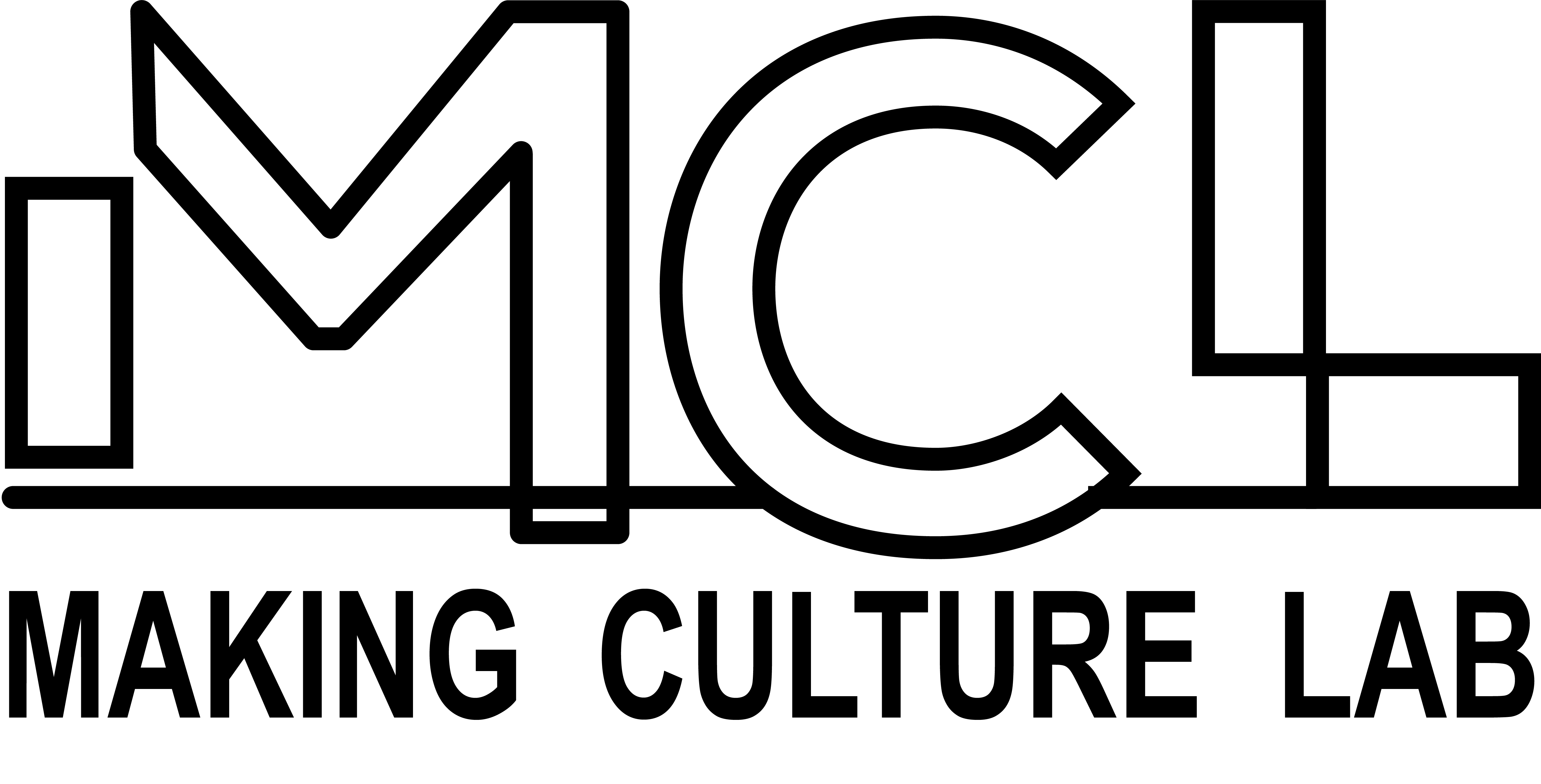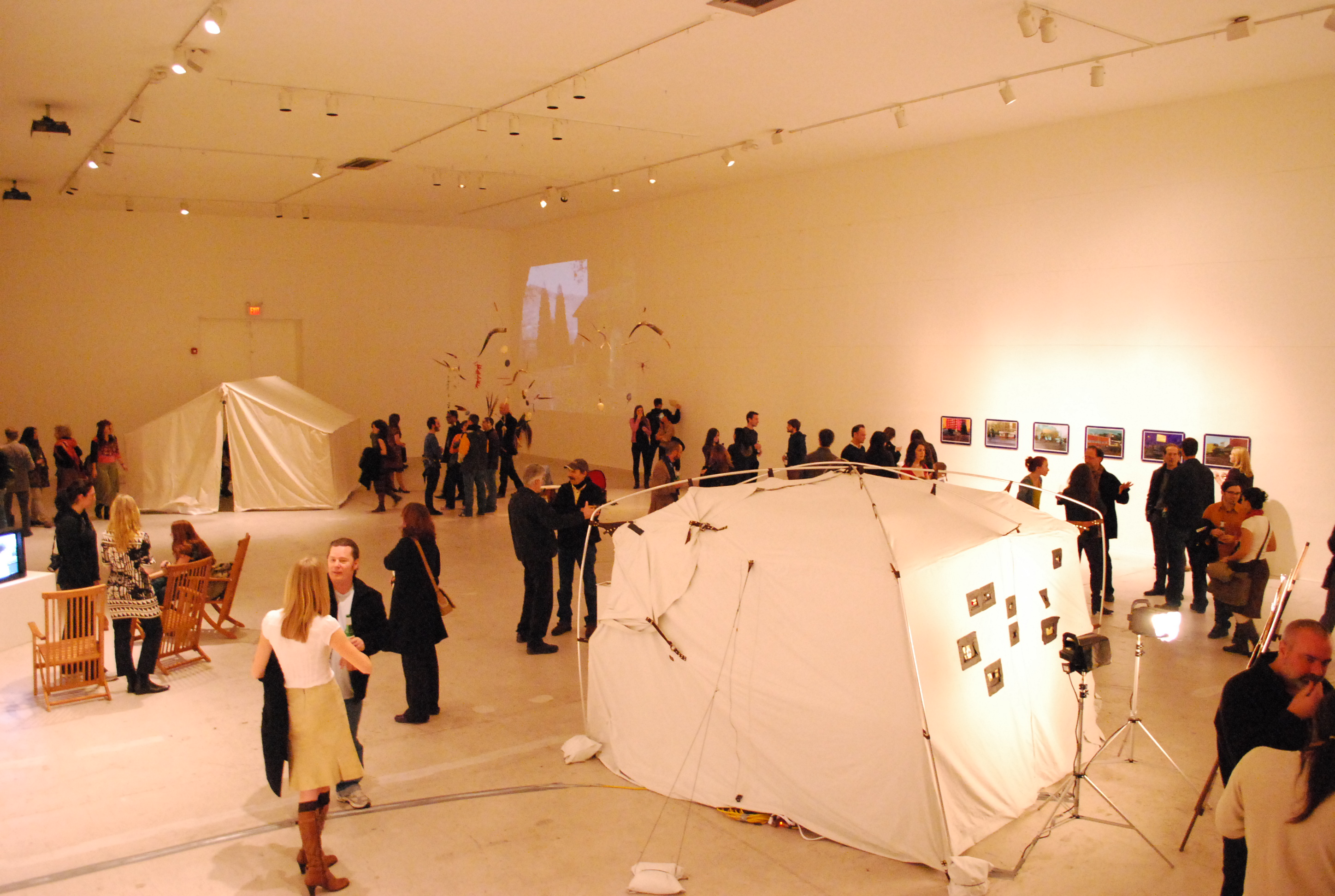2015 Michael M. Ames Prize for Innovative Museum Anthropology awarded to Ethnographic Terminalia
The Ethnographic Terminalia collective has been awarded the American Anthropological Association Council for Museum Anthropology’s 2015 Michael M. Ames Prize for Innovative Museum Anthropology. “The CMA Michael M. Ames Prize for Innovative Museum Anthropology is awarded to individuals for innovative work in museum anthropology. Evaluation Criteria: 1) Creativity: Is the project a unique and creative exploration of museum anthropology’s central themes, tensions, and histories? 2) Timeliness: Does the project say something important about museum anthropology’s current predicaments and unknown future? 3) Depth: In what ways does the project penetrate into the complexity of material culture and the study of it through novel methods and theories? 4) Impact: Does the project have the potential to make broad and lasting impacts in museum anthropology?
From the Council for Museum Anthropology Website:
Dr. Fiona MacDonald (Postdoctoral Research Fellow at the Indiana University – Purdue University Indianapolis (IUPUI) Arts & Humanities Institute (IAHI)), Dr. Kate Hennessy (Assistant Professor of Media at Simon Fraser University’s School of Interactive Arts + Technology (SIAT)), Dr. Craig Campbell (Assistant Professor of Cultural Forms and Anthropology at the University of Texas, Austin), Dr. Stephanie Takaragawa (Assistant Professor of Sociology at Chapman University), and Trudi Smith (artist and visual anthropologist at the University of Victoria), were awarded for their innovative curatorial and exhibition work on Ethnographic Terminalia, a curatorial collective. For the past seven years, Ethnographic Terminalia has curated group exhibitions in tandem with the annual meetings of the American Anthropological Association–in cities such as Philadelphia, New Orleans, Montréal, San Francisco, New York, and Chicago. These off-site, innovative installations have blurred the boundaries of museology, ethnography and contemporary art, through collaborations with ethnographers, cultural theorists, and over 110 artists to date, and through creative uses of space, materials, and new media. Michael Ames was unwavering in his commitment to ‘de-school’ the museum, to revolutionizing ways of knowing and learning within and beyond the walls of the museum. Ethnographic Terminalia is exemplary of Ames’ idea of de- schooling the museum, destabilizing authoritative structures and creating a relational web of proactive and self-motivated individuals who, in this case, are pushing at the institutional and disciplinary boundaries of museums, art and anthropology. They have offered radical, alternative ways of thinking through things and representing different forms of knowledge and praxis.

